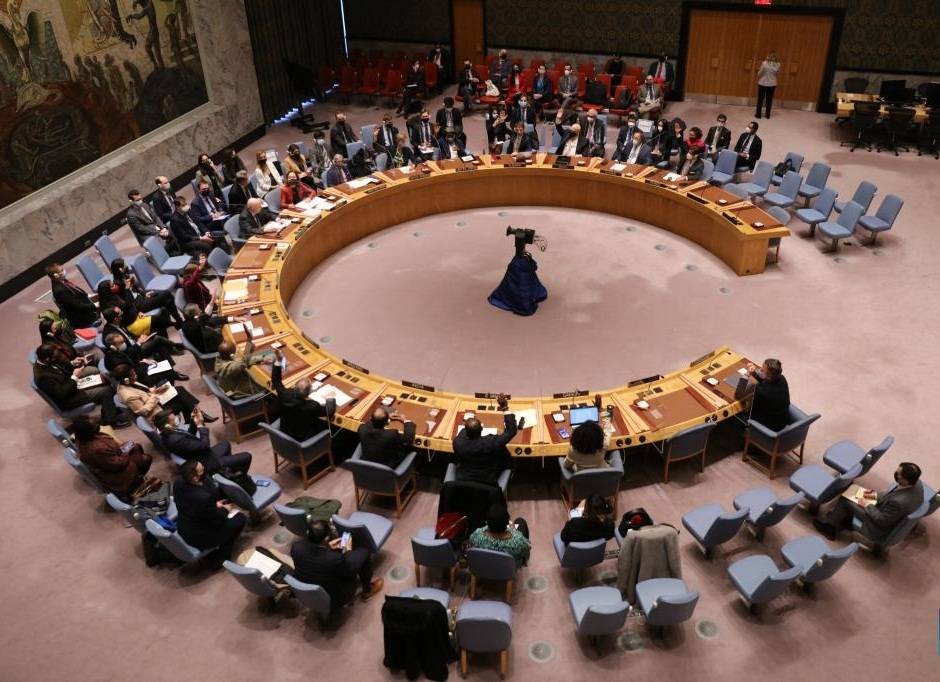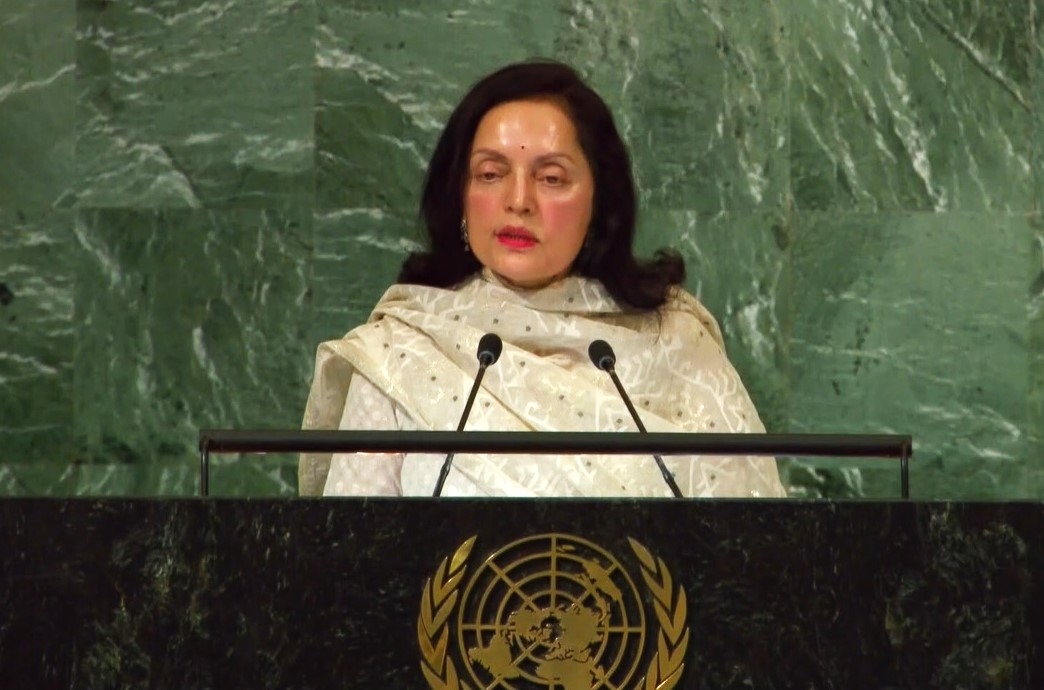India will serve as the Council’s President for the second time during its two-year term (2021-2022) as an elected member of the UN Security Council…reports Asian Lite News
India’s December Presidency of the United Nations Security Council (UNSC) comes at a time when the country has also assumed the G20 Presidency for the year 2023.
India will serve as the Council’s President for the second time during its two-year term (2021-2022) as an elected member of the UN Security Council, having previously served in that capacity in August 2021.
There is a lot to look forward to under India’s December Presidency of UNSC as two major ministerial-level events on reformed multilateralism and counterterrorism are slated for December 14-15 respectively, as part of India’s Security Council Presidency in December. The Minister of External Affairs will preside over the two signature events.
India will host a High-Level Open Debate at the Security Council in New York on December 14 with the topic “Maintenance of International Peace and Security: New Orientation for Reformed Multilateralism.” In order to make the current multilateral architecture more representative and functional, the New Orientation for Reformed Multilateralism (NORMS) envisions reforms with the UN at its core. By discussing the components of a new multilateralism orientation and how to advance in this area in a time-bound way, this Open Debate aims to inspire UN Member States to move this vital topic ahead. Both H.E. Csaba Korosi, the President of the General Assembly, and H.E. Antonio Guterres, the Secretary-General of the United Nations, will provide briefings for this occasion.
The other signature event planned for India’s December Presidency of the UN Security Council is the High-level briefing on the theme – “Threats to International Peace and Security Caused by Terrorist Acts: Global Approach to Counter Terrorism – Challenges and Way Forward”, scheduled for December 15 at the Security Council in New York.
The Council would primarily see briefings and consultations on some critically important files in the Council, including Syria and Yemen (Middle East), the United Nations Investigative Team to Promote Accountability for Crimes Committed by Da’esh/ISIL (UNITAD), the United Nations Integrated Transition Assistance Mission in Sudan (UNITAMS), and the United Nations Organization Stabilization Mission in the Democratic Republic of the Congo.

On December 20, there will also be a briefing and consultation on Afghanistan [the United Nations Assistance Mission in Afghanistan (UNAMA)].
Realizing that the threat of terrorism is grave, universal and transnational in character, this briefing intends to underscore the necessity of collective and coordinated efforts to combat the menace of terrorism.
Moreover, three mandate extensions–for MONUSCO, the UNDOF, and the 1988 Taliban Sanctions Committee–are among the resolution adoptions expected for this month. Ireland and Mexico, two members of the Council, plan to host Arria Formula Meetings. The focus of the one hosted by Ireland will be “Youth, Peace, and Security.” In addition, at least two meetings on Ukraine will be held, one on the political situation and the other on the humanitarian issue.
Overall, India has worked to address the major concerns of the Global South during its eighth term as an elected member of the UN Security Council, including an effective response to the threat of terrorism, a roadmap for reformed multilateralism, a framework for maritime security cooperation, and increased protection for UN peacekeepers through technology.
In November, India’s Permanent Representative to the UN, Ruchira Kamboj said that New Delhi took steps to address food security in Yemen by prioritizing wheat exports. She urged Yemen to choose the path toward peace by shedding the military approach and by extending and expanding the troops into a comprehensive nationwide ceasefire.
Speaking at a United Nations Security Council meeting on Yemen, Kamboj said, “India has also taken steps to address food security in Yemen by prioritizing wheat exports to the country. Despite our national regulations on wheat exports, we have continued to export wheat to Yemen to mitigate the adverse impacts of supply changes in the global commodity markets. We remain committed to doing so in future as well.”
Earlier in October, India at a UNSC meeting on Syria said that New Delhi attaches high importance to the non-discriminatory implementation of the chemical weapons convention and supports its full, effective, and non-discriminatory implementation. Ambassador R Ravindra, Deputy Permanent Representative at United Nations Security Council meeting on Syria, said that India has taken note of the lack of progress on discussions on Syria in the UNSC.
“We note the consistent lack of progress on this track of discussions on Syria in the council India attaches high importance to the Chemical Weapons Convention and stands for its full, effective, and non-discriminatory implementation,” R Ravindra said. (ANI)

Leave a Reply